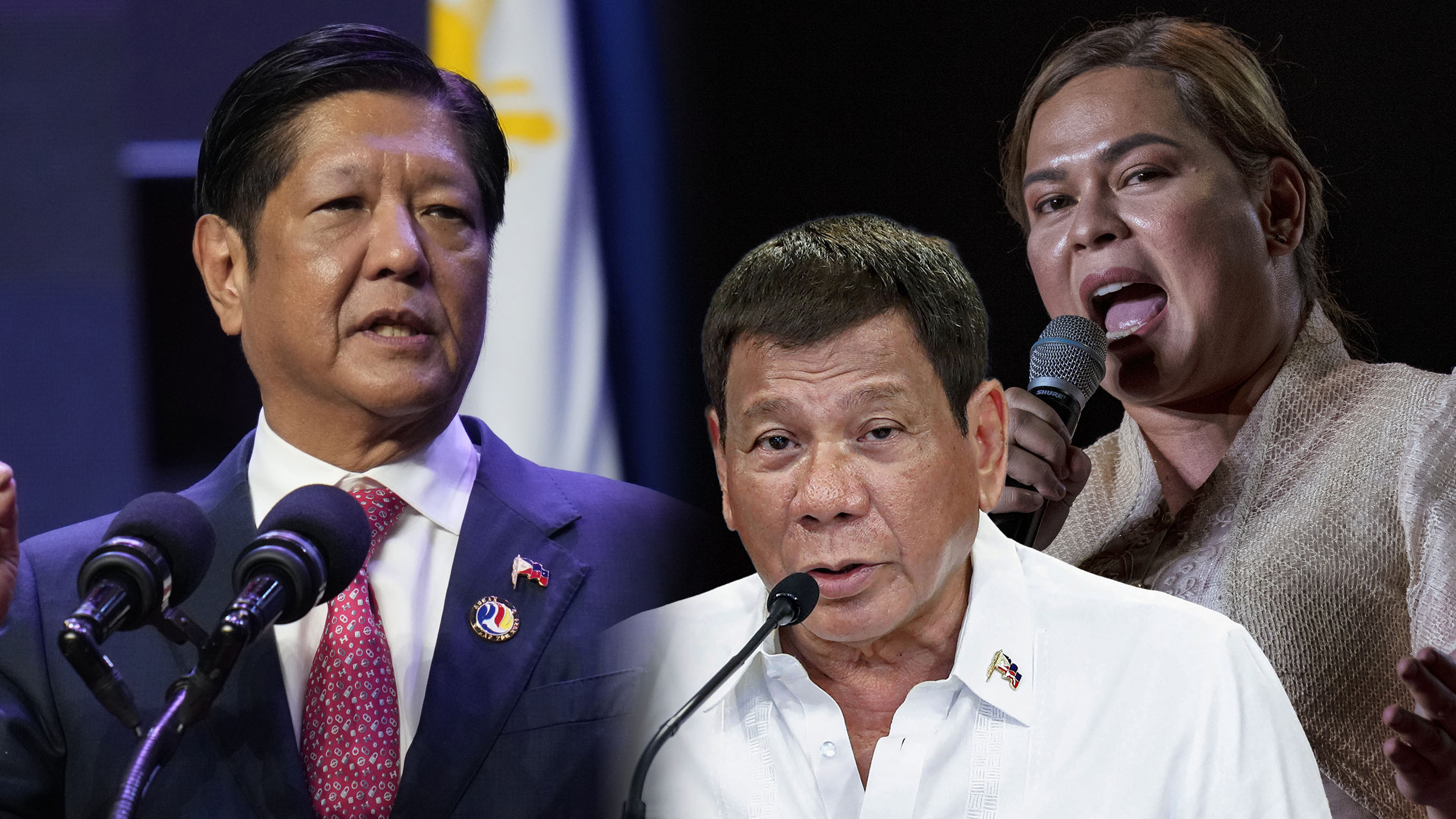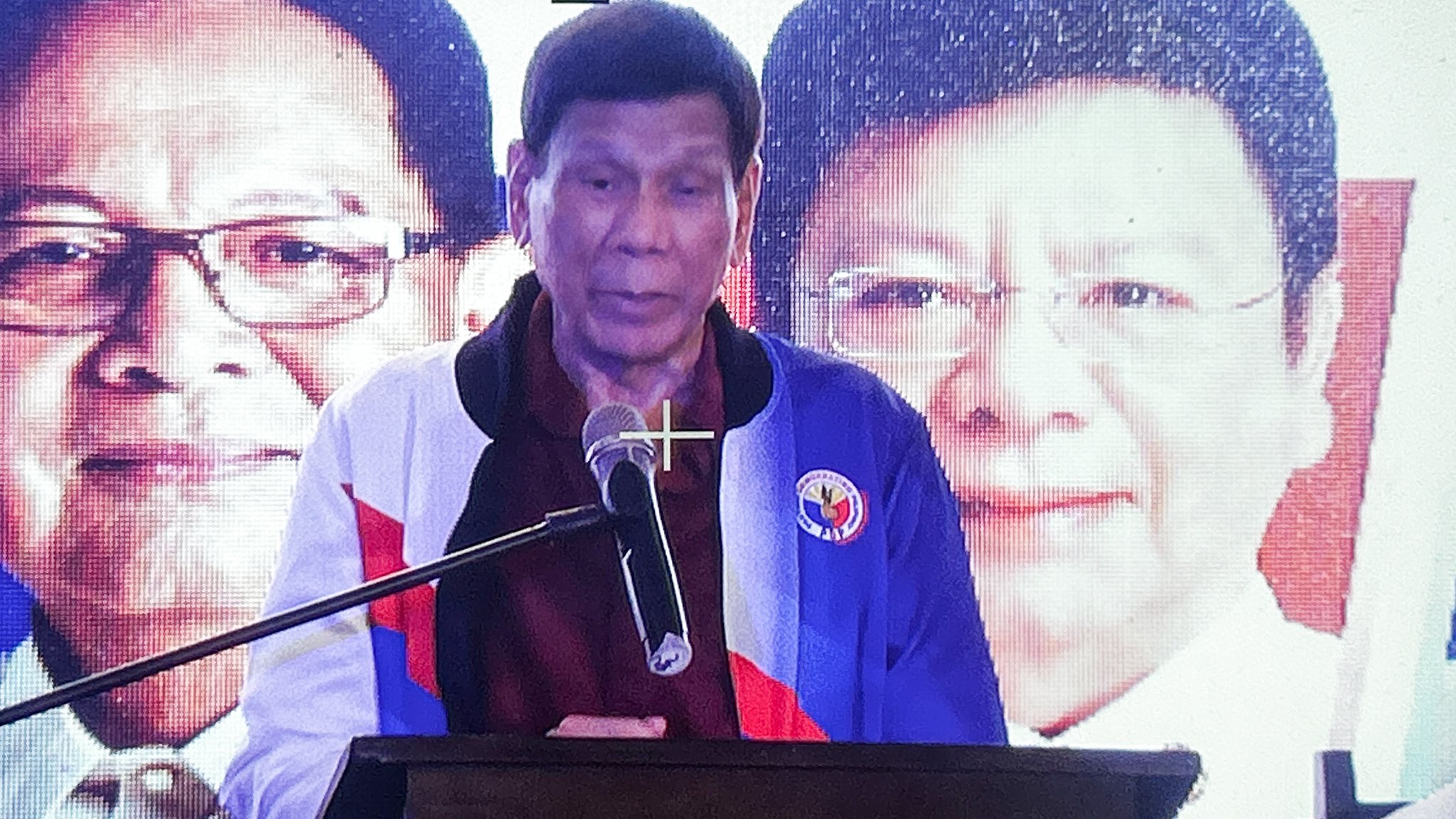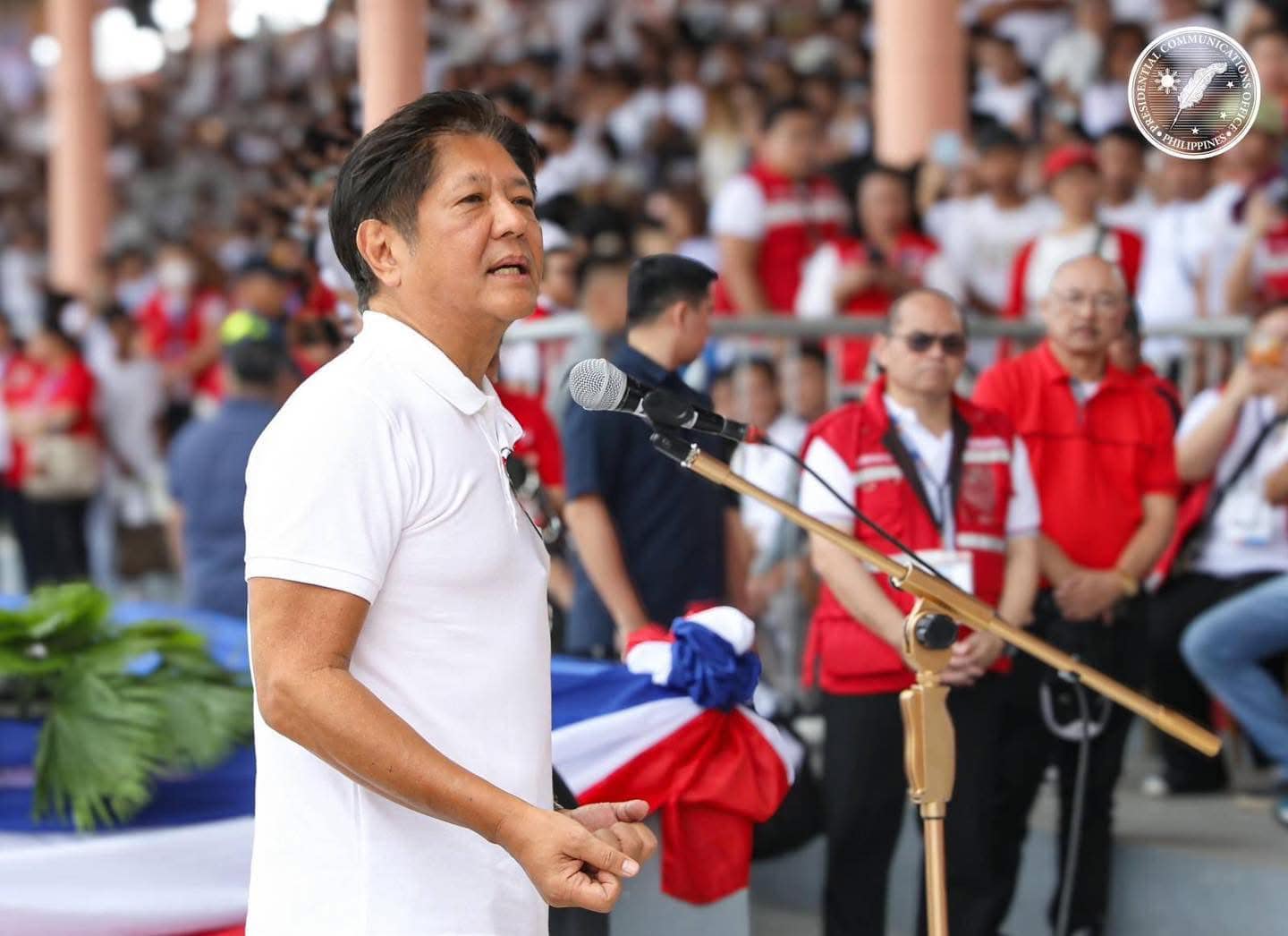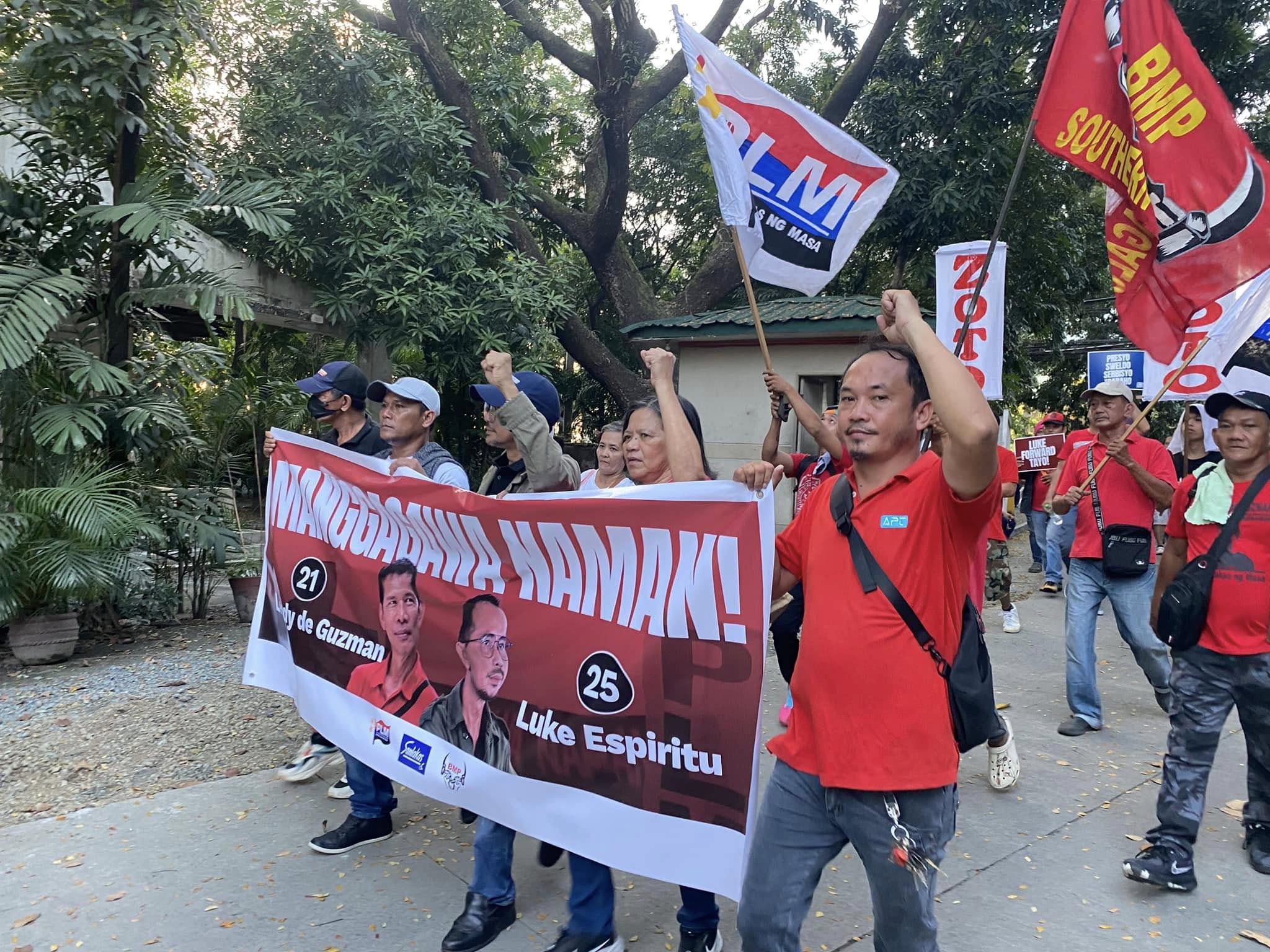Campaigning for the Philippines’ midterm elections officially began on February 11, 2025, marking the start of a heated political season set against a backdrop of significant internal conflicts. The impeachment of Vice President Sara Duterte, following a series of high-profile disputes among the country’s political elites, has further intensified the already fractured political landscape.

The impeachment move threatens to remove Duterte from office and could result in a lifetime ban from public office. This legal battle is the latest chapter in an escalating rift between Duterte and President Ferdinand Marcos Jr., a divide that has shaken the political scene. Their partnership, which was once a cornerstone of their 2022 electoral victory, now appears to be unraveling, turning the upcoming midterm elections into a critical and high-stakes contest.

This growing feud has profound implications, not just for the current political climate, but also for the future of the country’s leadership. Marcos, limited to a single term by the constitution, is expected to groom a successor for the 2028 presidential race. Meanwhile, Duterte remains eligible to run again in 2028 if she survives the impeachment process. The battle between their factions is shaping up to be a precursor to a potential showdown in the 2028 presidential election.
Political analysts highlight the historical significance of the infighting. Ronald Llamas, a former presidential adviser, remarked, “The ones fighting in open warfare during the midterms are the same ones who won the historic unity victory in 2022. This impeachment is just one episode in an unfolding saga that could rival any Netflix series.”

The May elections will be pivotal, with 317 congressional seats and numerous local government positions up for grabs. However, the most crucial contest will be for 12 seats in the 24-member Senate, a body that plays a vital role in shaping legislation and policy in the Philippines.
For President Marcos, the midterms are seen as a critical test of his leadership and an opportunity to secure a legislative majority to push his agenda forward. The results could either solidify his administration’s power or signal challenges ahead. On the other hand, Vice President Duterte faces the added pressure of an impeachment trial scheduled to take place in the Senate in June. This trial will involve senators who will have a direct impact on her fate, as 16 votes—two-thirds of the chamber—are needed to convict her.

The election will not only influence Duterte’s political future but also that of her family, which has risen to significant power since the presidency of her father, Rodrigo Duterte. The former president, who remains a prominent political figure, is running for mayor of Davao City, where his sons are also vying for local positions, ensuring the family’s continued influence in the southern part of the country.
The controversy surrounding Vice President Duterte escalated on February 5, when the lower house, led by Speaker Martin Romualdez, cousin of President Marcos, impeached her on charges that include accusations of budget irregularities, unexplained wealth, and threats to the lives of Marcos and other political figures. Duterte has denied all allegations, and President Marcos has distanced himself from the impeachment proceedings, despite his family’s connection to Romualdez.
Recent polling indicates a strong showing for Marcos’ senatorial candidates, with nine of them leading the race. However, two loyalists of Duterte are also in the top 12, keeping her faction very much in the game. Llamas suggests that a conviction against Duterte would likely alter the political landscape, potentially giving Marcos more control over the succession process. “If you’re able to convict Sara… you level the playing field,” he noted, signaling that her removal would eliminate a major contender for future leadership.

With the midterms set to reshape the political terrain, the coming months promise to be crucial in determining not just the direction of Philippine politics, but also the future of its most influential political families.







